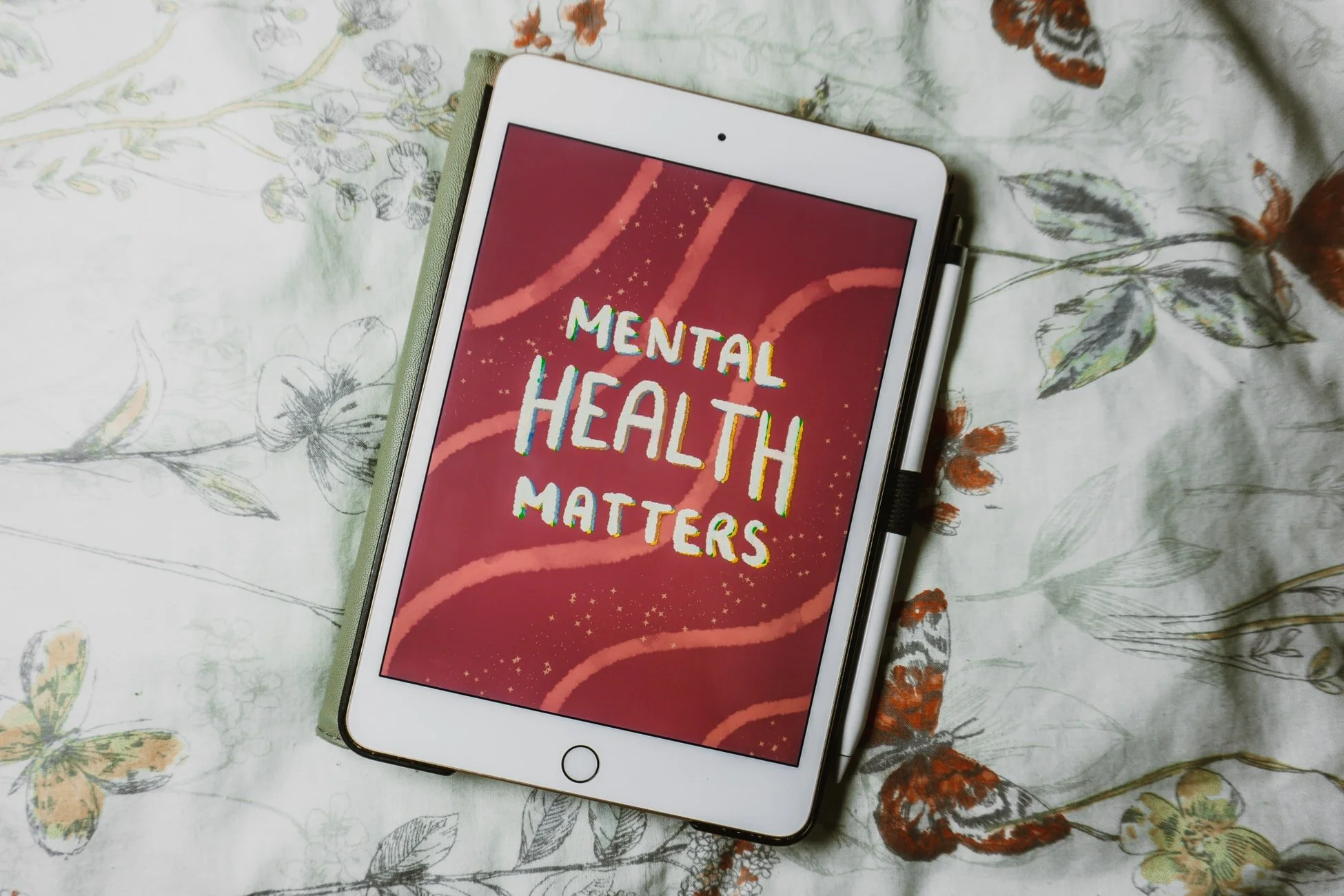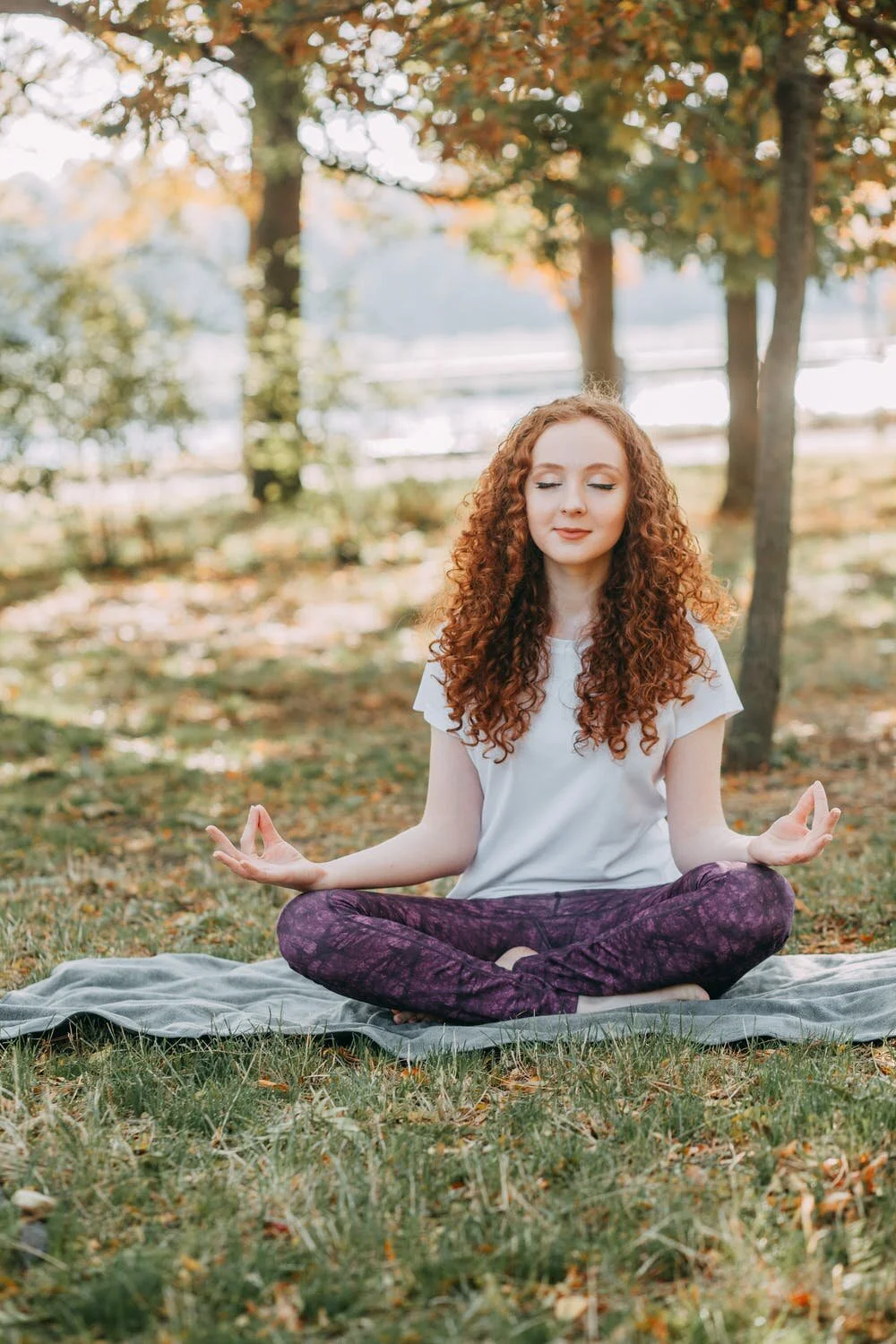There’s an App for That: Can Digital Mental Health Resources Fill the Care Gap?
There are free or low-cost options available online for those without the disposable income to spend on mental health. (Photo courtesy: Unsplash.com)
Last month, I registered for Sanvello, a smartphone app for stress, depression, and anxiety. Once featured as Apple’s App of the Day, it is described as “your feel-better toolkit, including therapy, coaching, coping techniques, meditations, and goal and mood tracking, designed by experts to help you feel better.” I heard about the app through Yale University’s new push for employee wellness in all areas, particularly mental health. I was diagnosed with clinical depression in 2008. Although it is currently well controlled with medication, I am always looking for additional resources. With Sanvello, I now have 19 health-related apps loaded on my phone, and I use at least three daily.
These health-related apps have the potential to improve mental health care access, addressing stark disparities in treatment. While one in five people worldwide will experience a mental health issue, just 20 percent of them will receive treatment, according to Stephen Schueller, PhD, who studies digital mental health. “There’s not enough professionals to be able to provide treatment for all these people, so my work really looks at how technology might be a way to reach people,” says Schueller, an associate professor of Psychological Science at the University of California, Irvine. Schueller receives some of his funding from the National Institutes of Mental Health and his research aims to improve access to mental health treatments through the use of technology.
Searches for “mental health” on Apple’s App Store and the Google Play store for Android bring up thousands of hits for meditation, mood tracking, stress relief, and online therapy. But, despite the multitude of apps, there are still barriers to access. For one, more than 15 percent of people still don’t have access to a smartphone, according to US census data. And, even among those who do, app costs can be prohibitively expensive. I work at Yale, where I have amazing benefits that cover my (and my husband’s) physical and mental health at (almost) no cost to us. We pay no premiums or co-pays for doctor visits; prescription medication costs range from $10 to $50 for a 31-day supply. Recently, our benefits have expanded to include premium subscriber access to health-related apps.
If I didn’t work for a company that partners with Sanvello, I would have to pay $54 per year for the most basic parts of the app and $350 per year for the added benefits of “journey classes” and 1:1 coaching. If I needed to work with a “certified, highly-skilled, and empathetic therapist,” it would cost me an average of $140 for the first appointment and around $85 for every follow-up.
Still, there are some free or low-cost options available online for those without the disposable income to spend on mental health. Coursera is a global online learning platform that provides access to online courses (many free) from leading universities and companies, like Yale. Laurie Santos, a psychology professor, began teaching her course Psychology and the Good Life in Spring 2018 in response to her firsthand experience with undergraduate mental health. “I ate with them in the dining hall, and hung out with them in the coffee shop, and it was then that I really started to see this mental health crisis that I kind of heard about on the news but hadn’t seen up close and personal,” Santos told Choiceology podcast host Katy Milkman, professor at the University of Pennsylvania's Wharton School of Business. “It just made me sad. The class started as an attempt to give them actionable tips to how they could do something about [their mental health].” To her surprise, it was the most popular course in Yale’s history. Santos has since started a podcast (The Happiness Lab) and developed versions of her course for low-income high schoolers and for Coursera (The Science of Well-Being).
One Mind PsyberGuide helps people find scientifically validated apps. The team reviews apps based on credibility, user experience, and transparency of privacy practices. (Photo courtesy: Pexels.com)
Before Santos created her course, Marney White was teaching the science of health behavior change to Yale School of Public Health students. The professor of Social and Behavioral Sciences encouraged students to use what they were learning in their own lives. The course was so successful in improving students’ health that White and her colleagues published their results. In March 2020, just as the United States was locking down to slow COVID-19, White released a free version of her eight-week course on Coursera. In the first ten months, White collected pre- and post-course survey data from 216 anonymous learners from 45 countries who reported lower levels of stress, anxiety, and depression and better overall physical health after course completion. “I was floored. I cried,” White told News12 Connecticut via video call last month.
White’s results show that people can improve their mental health using free online content. But while these courses were developed by Yale professors, there are thousands more online resources that may not use scientific principles. With so many mental health apps available, “it’s really hard for people to understand which ones of those are good, might have a good user experience, might be beneficial for them,” Schueller explains. That’s why his team at One Mind PsyberGuide works to identify and evaluate mental health apps. One Mind PsyberGuide is a nonprofit project funded by One Mind, a leading nonprofit organization in brain health research. It was founded in 2013 to help people navigate the mental health app marketplace and now operates out of the University of California, Irvine and Northwestern University.
While consumers can see which apps are the most popular through user ratings and reviews, One Mind PsyberGuide helps people find scientifically validated apps. The team, consisting of experts in mental health, technology, and technology-delivered care, reviews apps based on credibility, user experience, and transparency of privacy practices. The credibility score is based on how likely it is that an app will work; experts look for direct research evidence for the app, indirect research evidence or evidence-based principles, rigor in the development and ongoing maintenance processes, and the popularity and clarity of purpose for an app. User experience, put simply, is a rating of how fun, easy to use, and interesting an app is for the user. Sanvello rates 4.33/5.00 for credibility (tied for fourth highest) and 4.58/5.00 for user experience (tied for ninth highest) on the One Mind PsyberGuide site (Headspace ranks highest in both categories.)
That’s great news for me, as the high ratings have encouraged me to use the app more frequently. Although I like the mood-tracking feature and the guided journeys, I have not been logging in every day. In the midst of my daily life, it feels like more “work.” I can’t say with certainty that using Sanvello has improved my mental health, but my premium access costs me nothing. I have regular appointments with a psychiatrist to manage my medications and depressive symptoms, so I had little to lose in downloading and trying the app.
Scientists like Santos and White are able to provide free content on Coursera, and Schueller helps people find apps based on good science. They all are working to improve access to good mental health resources. But for now, some of the best scientifically based resources are buried in search results or locked behind paywalls, inaccessible to those without comprehensive insurance or who don’t work for an employer that values mental health.



